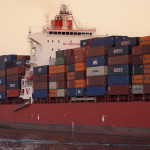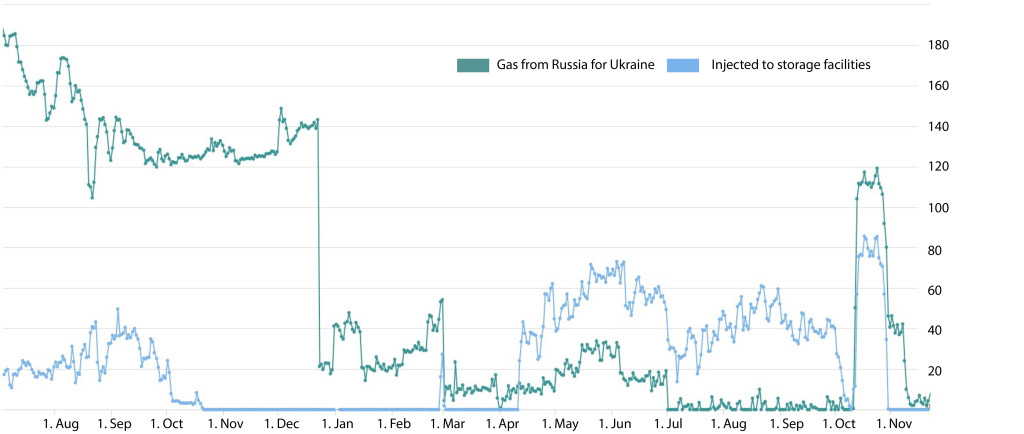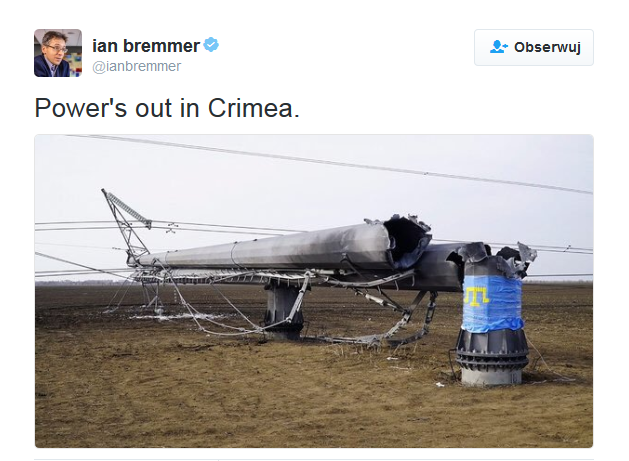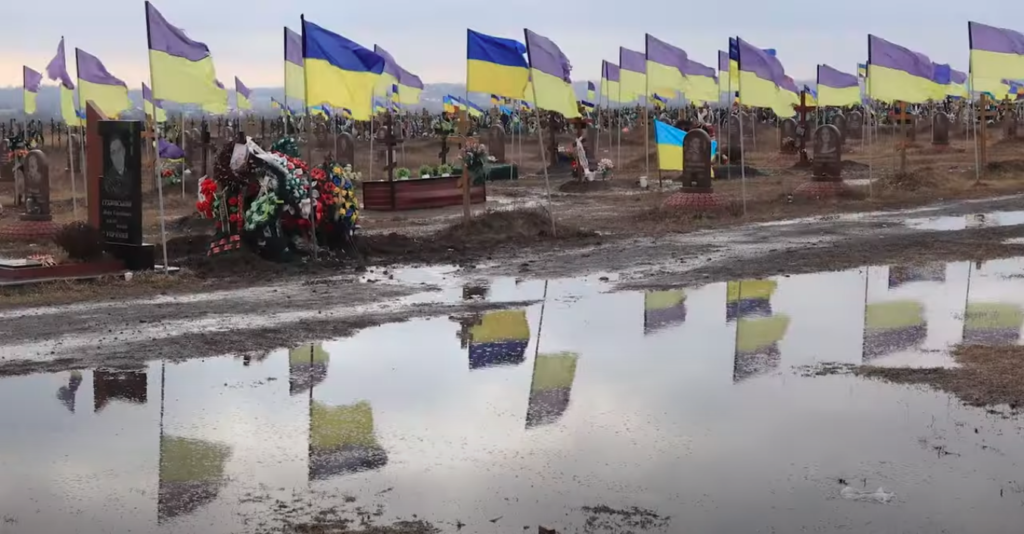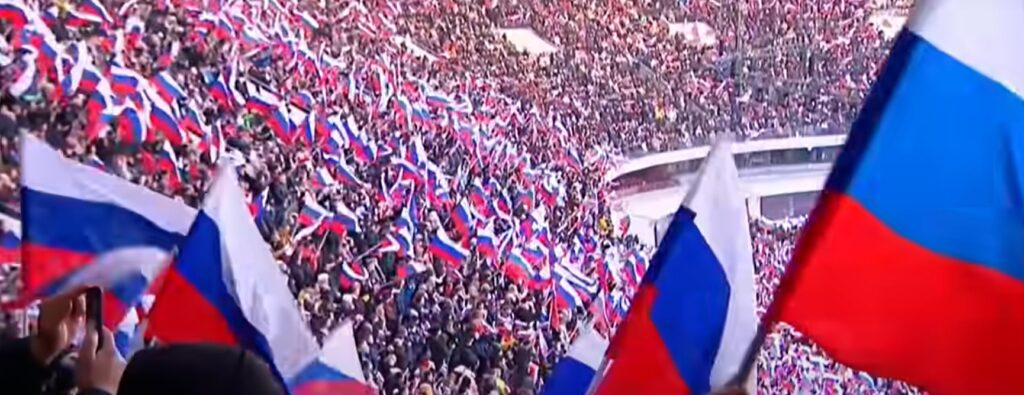A falling industrial demand, falling commodity prices, falling trade, falling sales. This is what we see now in China, Europe and even in the USA. What comes next? Falling employment, falling customers’ demand, falling economy. Global trade gives us clear signals that we cannot ignore.
A crisis is coming and these are the signs:
- China: October imports fell 18.8 percent in comparison to the previous year1. It is the beginning of the domino effect, with its coal and iron background.
- Taiwan: October orders from China fell 10.6 percent in comparison to the previous year, from Japan 24 percent down. Taiwan’s export orders are seen as an indicator of a demand for high-tech gadgets and for Asia’s exports2.
- Japan: first decline in exports in October since August 2014 (2.1 percent in comparison to the previous year). Reasons: China’s slowdown, poor Asia’s demand, the yen not weak enough. Double-digit declines in auto parts and electronic components3.
- Germany: a monthly drop in exports in August, due to declines in industrial production and the number of factory orders4.
- UK: 40% of respondent-companies are below average in export orders. Reasons: China’s downturn and a strong sterling5.
- Baltic Exchange’s main sea freight index fell below 500 for the first time. Baltic’s BDI Index (gauging the cost of shipping) reflects a slower coal and iron ore demand in China. 19-commodity Thomson Reuters/Core Commodity CRB Index reached 13-year lows6.
- USA: quiet three busiest U.S. seaports during ‘peak shipping season’. Imports in Los Angeles, Long Beach and New York fell in both September and October for the first time in a decade7. Continue reading

